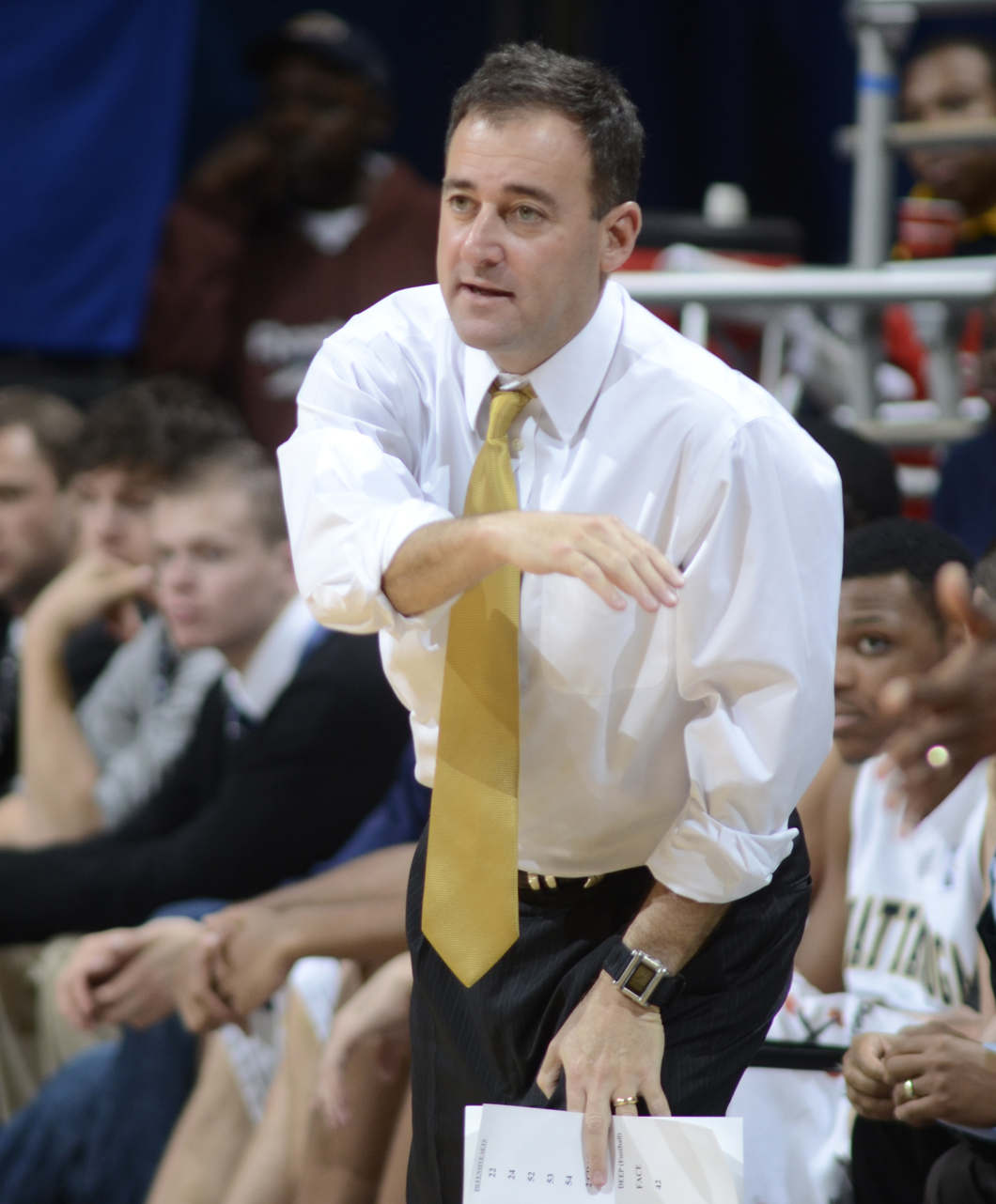Before this college football season started, Samford announced that its coach, Pat Sullivan, was battling pneumonia. A few weeks later, Elon coach Jason Swepson checked himself into a Raleigh, N.C., hospital with chest pains.
When two of the nine Southern Conference coaches are dealing with health issues at the beginning of the season - eight months after College of Charleston men's basketball coach Bobby Cremins left his team, and later retired, because of exhaustion - it raises questions about how coaches manage their health in a very stressful job.
The 42-year-old Swepson, in his second season at Elon, was diagnosed with a clogged artery and had a stent put in to fix the blockage. He missed Elon's Sept. 15 game against West Virginia State, a no-stress affair that the Phoenix won 48-14, and was back coaching a few days later.
"It's just things that I kind of let go over the last 20 years after I stopped playing football," Swepson said of his diet and lack of exercise. "It was a life learning lesson and I'm glad I have another opportunity to better myself, and I'm excited about it."
University of Tennessee at Chattanooga football coach Russ Huesman said he "felt" for Swepson when he heard the news, but "it didn't give me any though of, uh-oh."
Huesman, 52, is an intense coach, capable of plenty of rage in practice or games. But he's also pretty relaxed around the office and has a good sense of humor.
"I don't exercise," he said. "I don't know if I'm stressed out -- sometimes.
"I should probably be better than what I am [health-wise]. My wife [Amy] gets on me all the time, but normally I don't eat awful; I don't eat great, but I don't eat awful."
Huesman tends to lose weight during the season and gain a few pounds during recruiting, when he's on the road for days at a time and living on fast food.
The Citadel coach Kevin Higgins, 57, is as fit-looking a coach as there is in the SoCon. He said he attends to two things on a daily basis to maintain his health.
"Number one, I do try to get a little workout in every day, as best I can," he said. "Number two, your faith. There's a whole facet of things that you believe in and make sure that you're working on the things that you can control, and do the best that you can there."
UTC men's basketball coach John Shulman, no stranger to stress, said you have to "be wired" a certain way to handle the tension and anxiety that comes with being a coach.
"Everybody deals with it different," he said. "I don't exercise; I drink a lot of Diet Coke. Does that count?"
Probably not.
"Everybody says you need to run, you need to take an hour a day for yourself; and everybody says, 'Aw, you can find an hour,'" Shulman added. "Well, you're just in survival [mode] during the season. It's not healthy, but I wouldn't think coaching 18- to 22-year-olds for your livelihood is a healthy profession."
Most coaches could take much better care of themselves, especially during the season, Shulman said. But at the same time, he said, most are programmed to handle, and embrace, the high-stress moments.
"There's nothing else I like better to do than be up at 2:30 in the morning during the Southern Conference tournament watching tape, and be exhausted the next day," he said. "People are like, how can that be fun and enjoyable? That's thrilling; to me that's where it's at."
